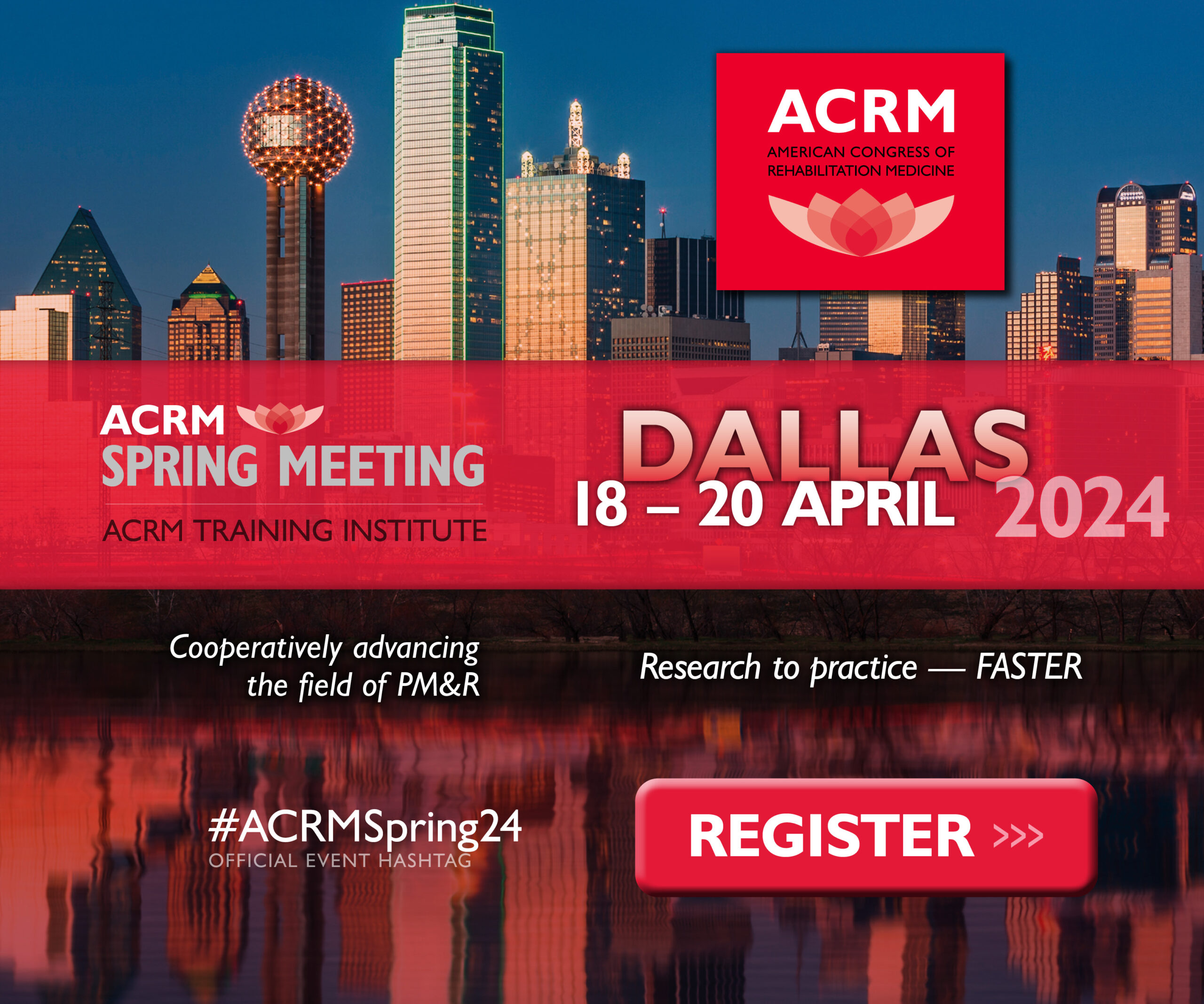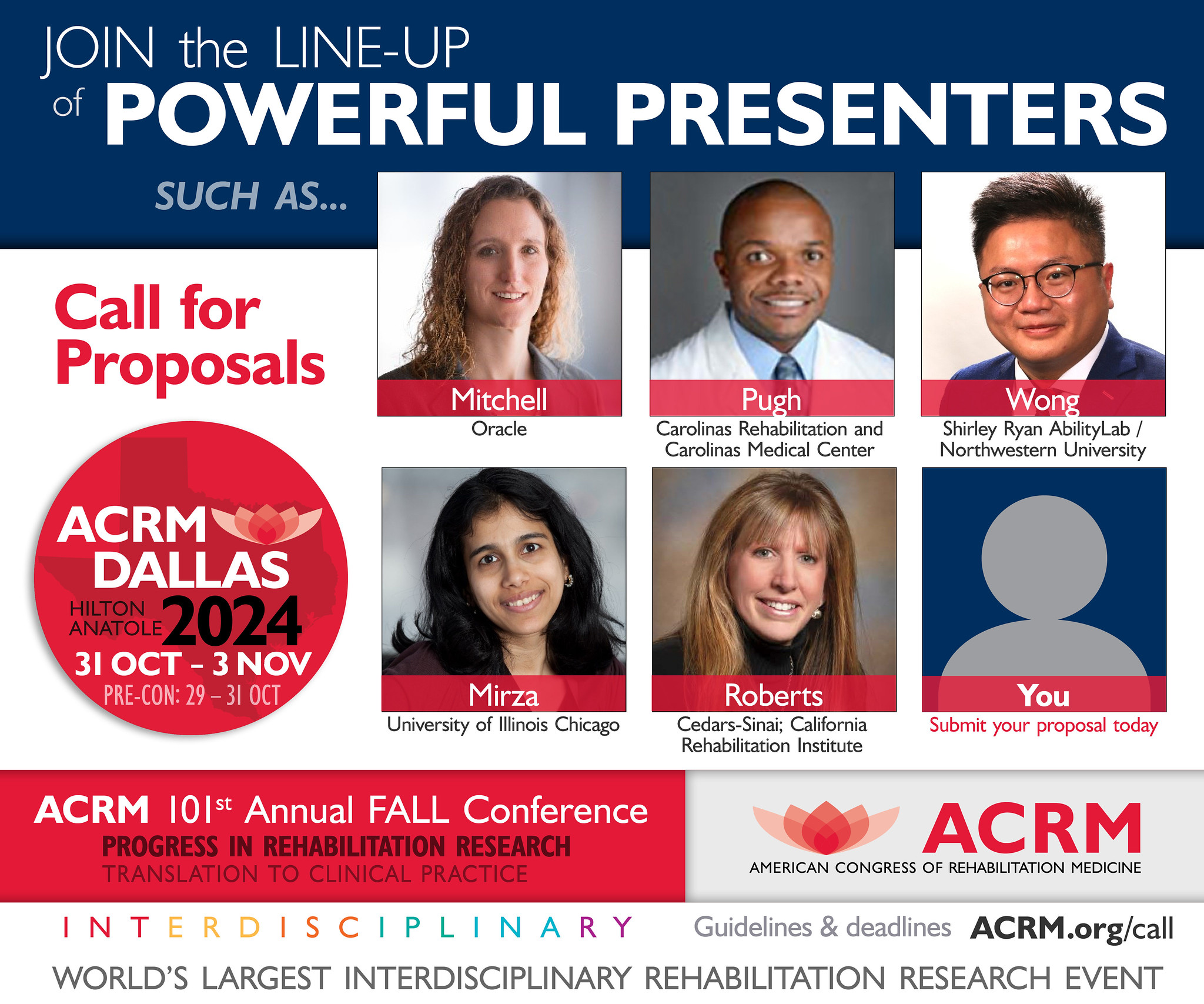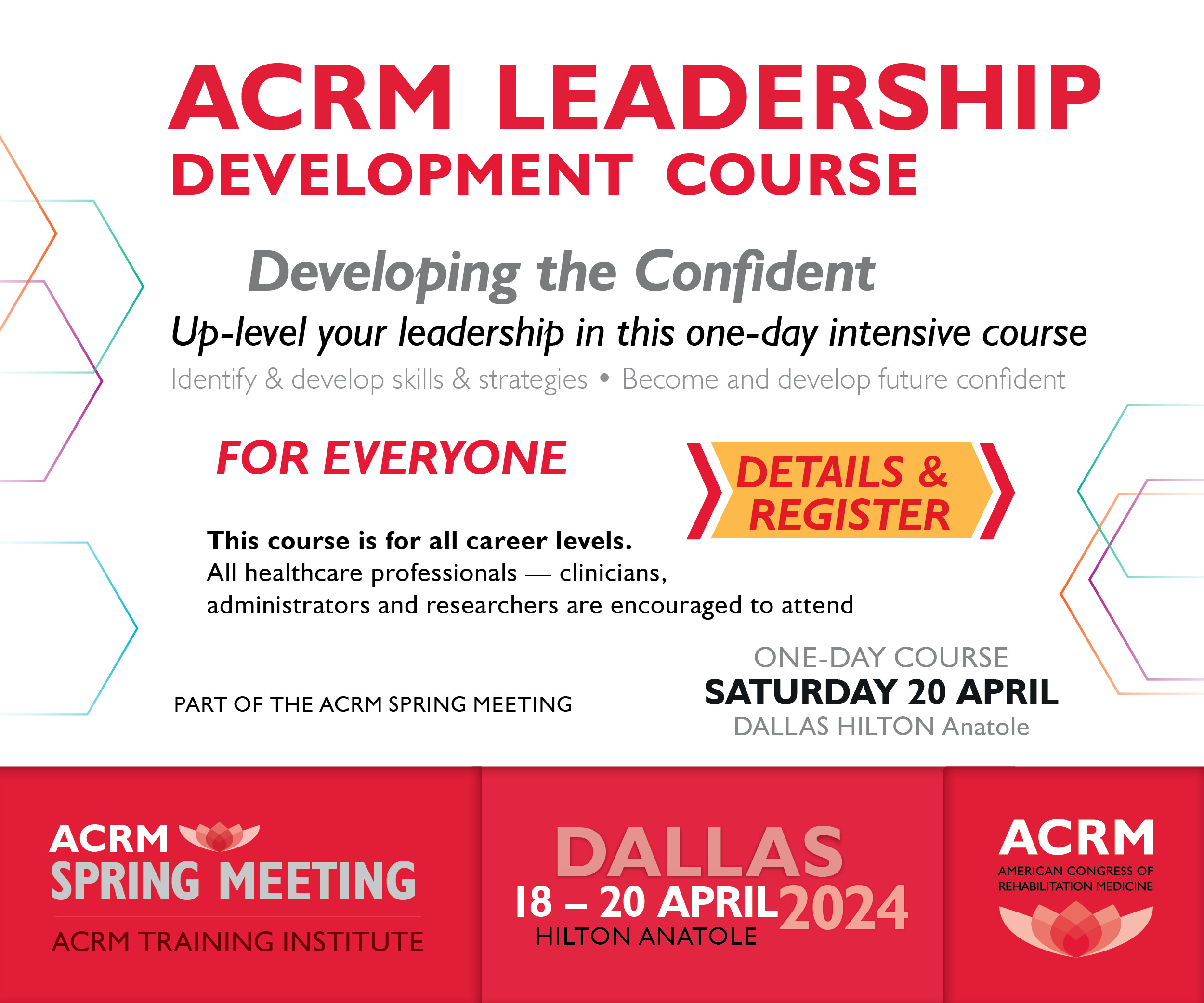Research Spotlight: Eva Pettemeridou

Eva Pettemeridou, PhD
Clinical Psychology, Center for Applied Neuroscience
KIOS Innovation & Research Center of Excellence
University of Cyprus
What is your current research focus or area you are most excited about?
My current research focus is on developing a monitoring and assessment system for individuals with moderate-severe Traumatic Brain Injury (TBI) who are receiving in-patient rehabilitation. This system will allow:
- monitoring patients within an in-patient rehabilitation setting through cameras, microphones, and wristbands
- assessing their current emotional state and needs by combining facial expression and voice recognition, and psychophysiological indices (e.g. heart rate and electro-dermal activity)
- providing feedback to the patients, in real-time.
This system is both an area of interest and excitement for me as it is expected to lead to a shift in responsibility regarding the recovery process from the rehabilitation team and caregivers to the individual with TBI, and most importantly help increase self-awareness regarding their cognitive and emotional deficits.
What prompted/motivated you to choose that area?
My PhD thesis focused on the associations between brain volume, executive functions, self-awareness and quality of life (QOL) in chronic moderate-severe TBI. One of the most significant findings of this work showed that low self-awareness was associated with greater satisfaction in one’s perception of their cognitive skills. This finding is supported in literature and can highlight the importance of designing individualized rehabilitation programs that aim at improving the individual’s self-awareness during the recovery phase, and as a result, increase motivation and engagement levels of the patient regarding their treatment process. The system described above can be a means to increasing self-awareness and thus self-involvement in managing one’s deficits and thus improve recovery.
Briefly, what path did you take to get there? Or what is your career trajectory- long-term goal?
I received a BA in Psychology at the University of Cyprus, which was pivotal in further pursuing my interest on how the brain functions. This led to continuing my education at the University of Surrey, where I completed an MSc in Research Methods in Psychology with a focus on neuroimaging methods. Following my Masters degree, I further pursued a PhD in Clinical Psychology at the University of Cyprus, where I acquired specialized knowledge and skills both as a practitioner and a researcher. I have a great passion for research, but I also consider the implementation of knowledge of equal importance. My long-term career goals are to pursue an academic position that will allow me to further deep-dive in my research interests, along with conducting practical clinical work with individuals with neurological disorders. Utilizing the abovementioned career goals will advance my knowledge, experience, network and influence, which will allow me to realize my ultimate goal, which is to bring change around the topic of rehabilitation in Cyprus, by guiding key decision makers and shaping existing legislation and processes.
Did you have any pivotal experience that propelled your research success?
Choosing to undergo my PhD studies here at the University of Cyprus allowed me to work alongside one of the most influential professionals I encountered internationally: Dr. Fofi Constantinidou. My collaboration with Dr. Constantinidou began on a research project for TBI, where I was working as a research assistant, which led to her becoming my PhD thesis supervisor. Working with Dr. Constantinidou, I was able to pursue my research interests regarding self-awareness in chronic TBI. In addition, it provided me with further opportunities such as traveling to the ACRM conference where I was able to join the International Networking Group, as one of the Communications Officers. This allowed me to interact with world-renowned professionals, from which I was able to gain invaluable insights and further collaboration opportunities. Furthermore, I was able to receive a two-month training at the Department of Anesthesia at the University of Cambridge by Dr. Emmanuel A. Stamatakis, on fMRI data analysis, further enhancing my research skills.
I strongly believe that all the above experiences and collaborations have led to my current post-doctoral position at the University of Cyprus, and in receiving further funding for new and exciting projects on testing the efficacy of a specific treatment protocol on acquired brain injury.
Advice for young scientists. Words of wisdom.
My advice for young scientists, either PhD students or early career professionals, is to grasp any opportunity to interact with other professionals within their field and pursue career enhancing and self-improving opportunities. This could be achieved by simply submitting their work to present at international conferences, even in poster format – it doesn’t have to be big at first. Also, by attending different presentations and introducing themselves to the people whose work is of interest, and not to shy away from sharing thought provoking ideas; this could lead to new collaborations. I would also advise to committing to one specific conference, which they attend annually, irrespective of other opportunities in order to build momentum and continuity of their network. Furthermore, they should try to get as many publications out as possible during their PhD studies; two at least. This can help excel their career faster. Also, not to be discouraged by the number of rejections received until their work is published. It is all part of the research game – work hard, be patient, be persistent, never give up! #researcherslife










